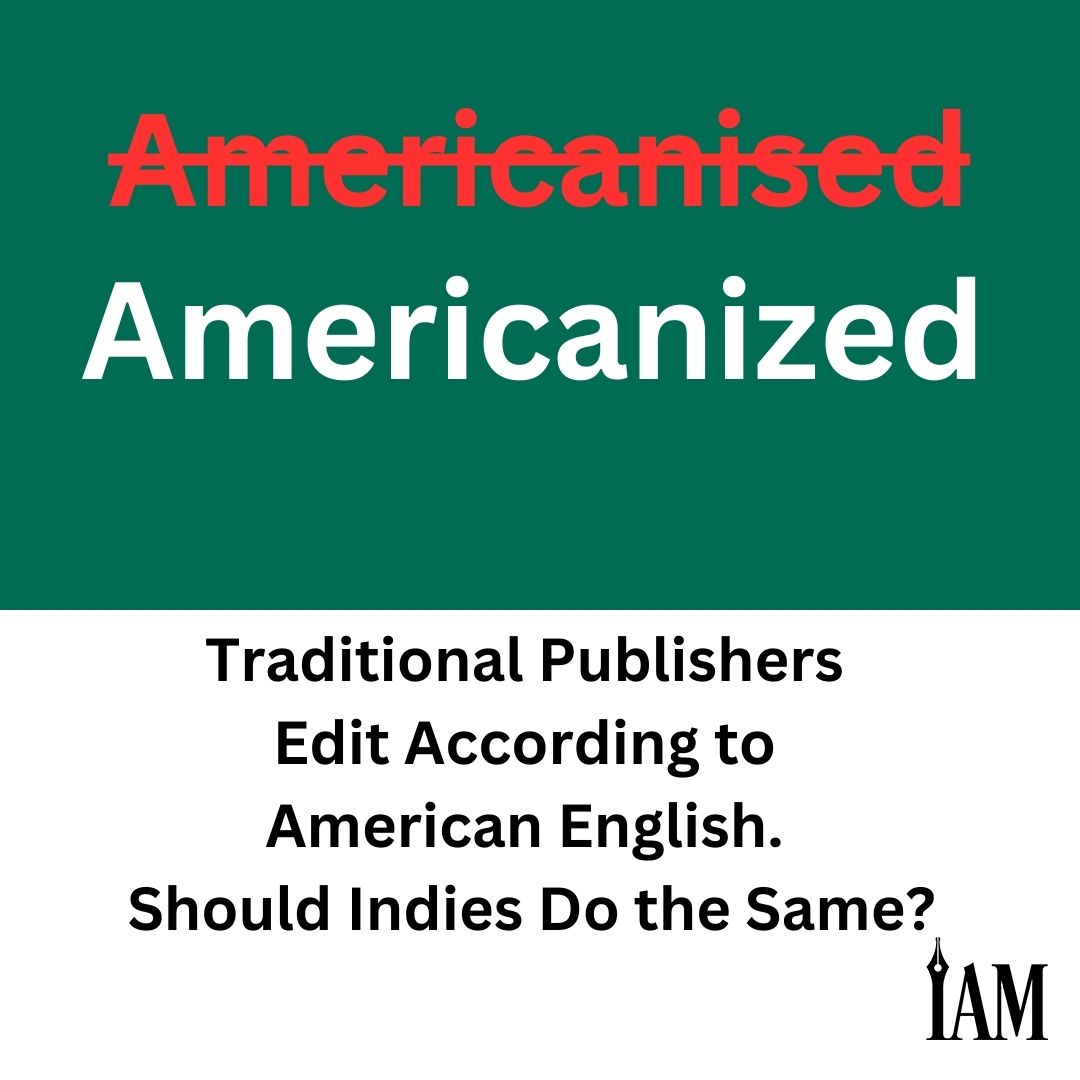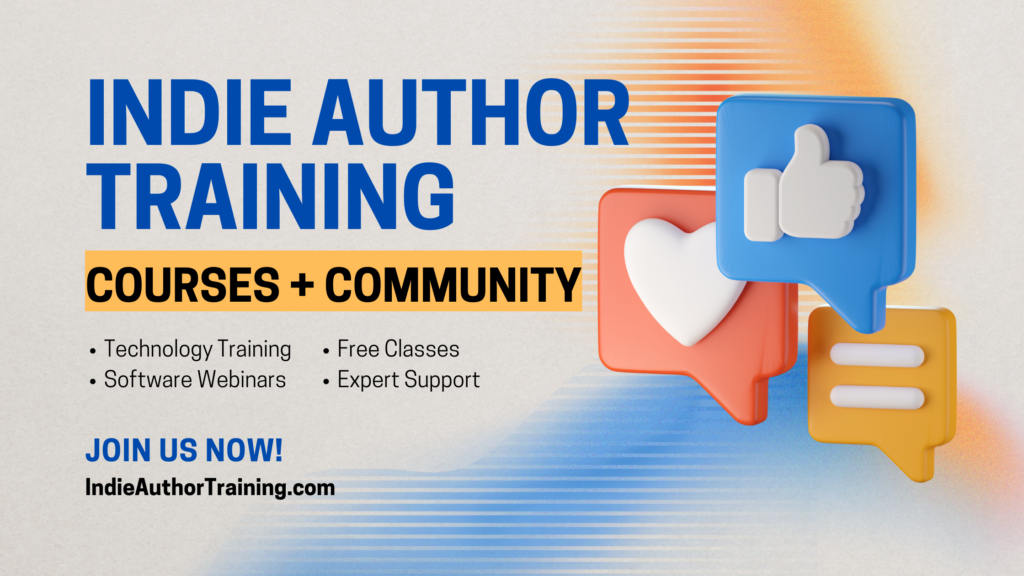Traditional Publishers Edit According to American English. Should Indies Do the Same?
Hey. Howdy. Hello. Yo. Greetings. G’day.
These word choices for greeting someone tell a lot. They can reflect class, culture, age, and even nationality. But word choices can also reflect a writer’s country and its English usage, and differences go far beyond a simple greeting.
An author’s goal is to build readership—preferably a global one. Leave aside the issue of dialects within any English-speaking country; if you’re writing a book in English but not using common American usage, should you Americanize it?
The answer may be influenced by your potential readership. With e-books flattening brick-and-mortar-only choices, an author’s reach is global. Statistics support this. World Population Review released a report in 2017 that ranked the average number of books countries read annually. When using time spent reading as a measure, India devoted the most hours with more than ten per week, earning it the report’s top spot, followed closely by Thailand, China, the Philippines, and Egypt. When examining countries that read and purchased the most books, however, the US topped the list, followed by China, the UK, Japan, and Germany.
Americanize, or no? It’s a controversial question, and a personal choice for the indie author.
What Does It Mean to “Americanize”?
Attempting to “Americanize” a work may mean different things to different authors. For some authors, this might include exchanging spellings and punctuation for those meeting American standards, thereby making them recognizable to an American audience—for example, using the spelling in US English for “color” rather than the British spelling “colour,” or following American punctuation standards for things like quotation marks and dialogue tags.
Americanizing a work may also include word choice changes so American readers won’t feel they’re reading something they don’t fully understand, such as “apartment” (US) replacing “flat” (UK).
Other authors might opt for larger story changes. When Bloomsbury first published J.K. Rowling’s book Harry Potter and the Philosopher’s Stone in the US, the publisher opted to change the book’s title to Harry Potter and the Sorcerer’s Stone for American readers to ensure that “philosopher’s stone” wouldn’t get lost in translation or lead to American readers mistaking the novel for a philosophy book.
What about cultural references within the story that work in one country, such as Australia, but that an American audience would miss unless they’re familiar with names and places that are part of Australian culture? This would require much more significant changes and might alter the larger story.
What’s the Pay-Off?
Regardless of how an author defines Americanization, the choice revolves around whether it will deliver any pay-off. Will the difference be worth the time and effort for the author, or the author’s editor, to go back through the work and locate every word and punctuation style requiring revision? A risk here is having consistency issues crop up in your book—not for your characterizations or the plot’s timelines but in the style choices. What if you miss one or two words that are meant one way in the UK but have an entirely different meaning in the US?
Words have impact—and some word choices may knock the reader out of your story. You only get so many chances to retain your reader’s attention before they close the book for good. If a UK author writes a character’s scene and has him putting luggage in the boot, a US reader might puzzle over how the character will get that luggage to squeeze into their rain boots—called “wellies” in the UK. Changing “boot” to “trunk” could help US readers remain focused on the story.
The same goes for spelling. English may be a common language for multiple countries, but that doesn’t mean the spelling is consistent. Some words can be spelled differently across the pond to such a degree that it could stop a reader mid-sentence as they puzzle out what they’re reading—the way a learner of a foreign language might. But a foreign language learner is engaging in study, and your reader is trying to relax during precious downtime.
So in some cases, Americanizing a work can make your work easier to understand for international readers. Yet in others, changing spelling and grammar to something more digestible may create more confusion than it solves. Consider your story’s setting. Setting is a character, and word choice can be key to immersing readers in a story or making it believable. If a story takes place in London, and the character’s speech portrays social class or education, then it would create a disconnect to make the character sound American. On the other hand, if a UK author writes about a New York-born character, using UK terms will sound inauthentic, or worse, pretentious. The character wouldn’t have the same ring of truthfulness as if their speech were Americanized.
Readers come to books for different reasons. Many readers appreciate learning something new while reading, such as the ways and mores of another culture. It’s easier to pick up a book and immerse yourself in another culture while riding the train to work than it is to travel there, and a reader may not mind having to decipher the meaning of an unfamiliar phrase.
If you aren’t sure whether to Americanize your work, or how to go about doing it, you might consider going to the “experts.” Search for international beta readers or editors who can help flag confusing words or phrases. As you may have encountered in your own experience, local nuances, slang, and other linguistic twists can only be ferreted out by someone steeped in the culture.
The decision to Americanize your work is as individual as your unique voice. Keep in mind what you think is best for your story and its readers, and you can’t go wrong.






